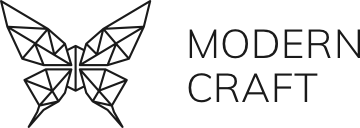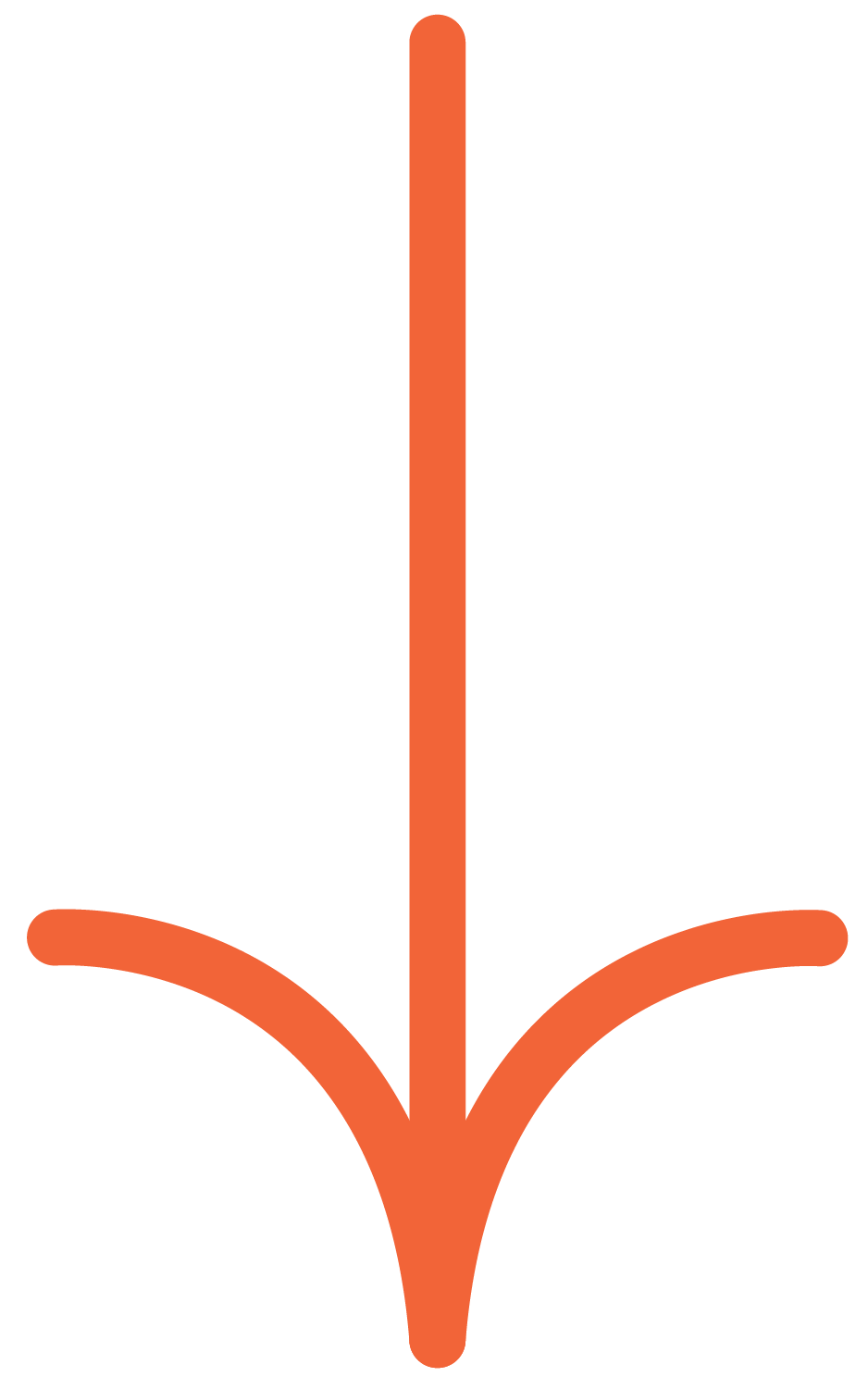Shorten the distance from problem to progress
Shorten the distance from problem to progress
We help marketing leaders in complex organizations take critical initiatives from “what if?” to “we did it.”
Whether you're building consensus, realigning your brand, or launching something new—we bring clarity, momentum, and practical solutions.

Choose a partner who knows the terrain
We’re experienced practitioners.We’ve earned the trust of marketing leaders across industries and sectors throughout the U.S. and Canada. Our clients rely on us for perspective, actionability, and impact.
"Modern Craft have the unique ability to understand my team, my organization, and our goals as if they were one of us – while maintaining their valuable position as an outside voice of reason."
— Alisa Norris, CMO, Breakthrough T1D
Get bold solutions you can use
We’ll push you to be ambitious.But the work we deliver will be easy to act on and in-step with the realities of your organization.
"As a result of their work, our team feels heard and better equipped and informed to do their jobs."
—Amber Brown, Global Head of Brand Marketing, Creative & Studio Design, Interface
Leave no hurdle un-jumped
We work to understand the full context.
That includes your team, your goals, and the layers of complexity surrounding the challenge at hand. The result? Solutions that take root— and stick.
“Modern Craft understands what it means to be a true partner. They went above and beyond in their determination to deeply understand the complexities of our business and take stock of the situation from all angles. And they were able to guide us through some challenging work in a way that made it easier for all of us to focus, understand, re-imagine and, ultimately, take action.”
—Mary Beech, Chief Growth Officer, Thorne
We take in the full picture
In marketing departments, most challenges have multiple layers. We consider the interplay between them so your project hits the mark. These three layers are always present:
Empathy
Forming an accurate understanding of key audiences (internal and external).
Alignment
Getting everyone on the same page with clear strategies and compelling stories.
Engagement
Inspiring those audiences to take a specific action.
Safe, capable hands
We’re experienced practitioners who’ve been earning the trust of marketing leaders for decades.
"John and Peter have been tremendous, and everybody should have the chance to work with them."
— Katherine Adamkowski, Head of Marketing, ZLC
Where we can help
We bring experience and structure to your most critical initiatives. Our work includes:
Clear strategies and plans your team can align around
Foundational brand and messaging guidelines
New ways of working or organizing your team
Communication strategies to support change
Narratives that secure buy-in from key stakeholders
We draw from a broad toolkit:
Analysis · Advising · Facilitation · Storytelling
How we show up
It’s not just what we do—it’s how we do it. Clients say we’re:
Flexible
Collaborative
Creative
Curious
Pragmatic + Idealistic
"They’re not afraid of hard work, and they’re flexible. I appreciate their willingness to pivot, and their determination to push for more impact. They’ve helped us bring the spirit of continuous improvement to everything we do."
— Gloria Loree, CMO, Destination Canada
Featured Case Studies
We helped the communications team at a large arts and education foundation plan and work more effectively.
We helped a mission-driven education nonprofit rethink their brand strategy and align on a new plan of action.
We helped a major publisher and education company improve their customer service experience.




